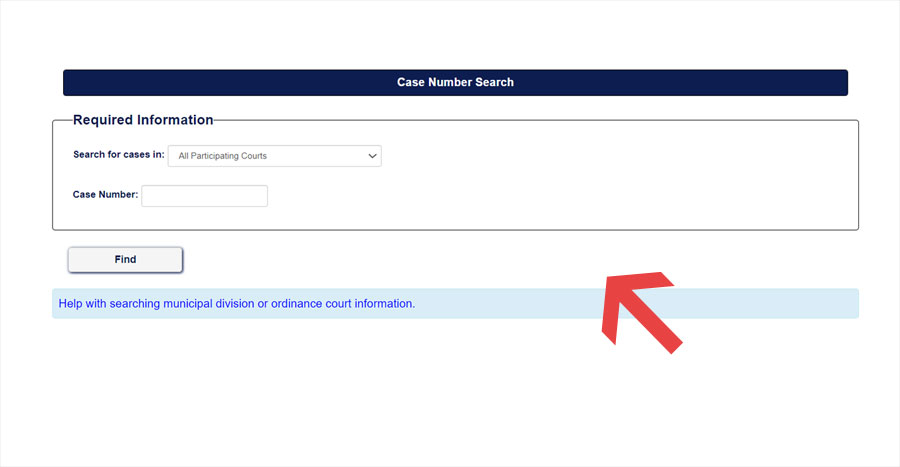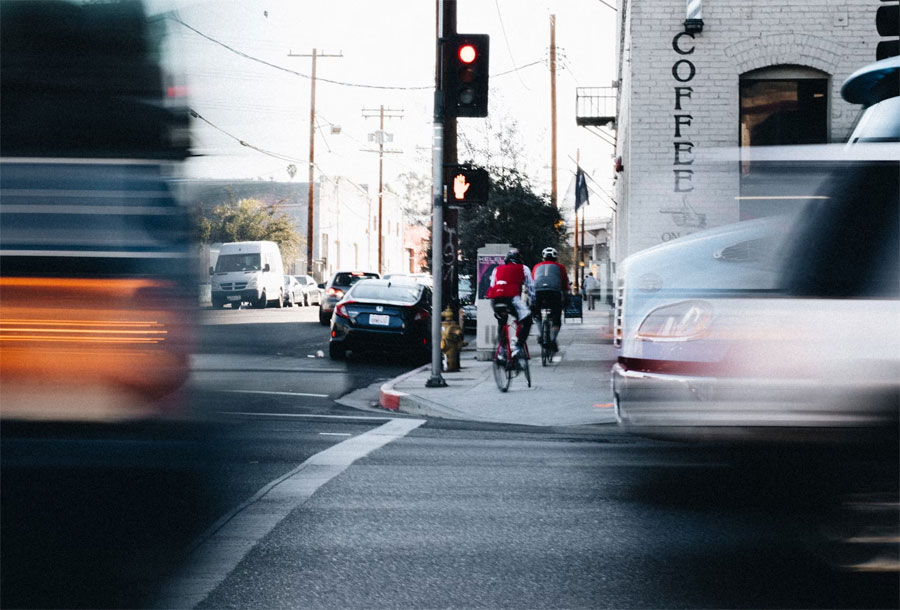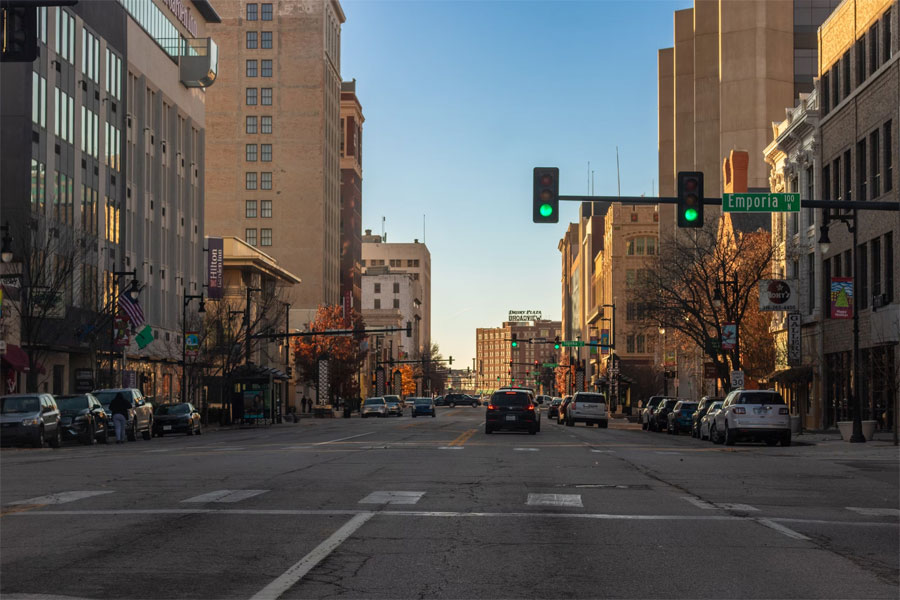Acting as the primary law enforcement agency for the state of Missouri, United States, the Missouri State Highway Patrol (MSHP) is responsible for the safety and security of the state’s citizens. Established in 1931, the core mission of the organization has always been about enforcing traffic laws and offering services that contribute to a safe environment. This includes enforcing speed limits, deterring drunk driving, and promoting safe driving practices.
In addition to traffic enforcement, the MSHP has a broader role in statewide law enforcement, where the agency has a dedicated criminal investigation division that tackles serious crimes like murder, robbery, and financial crimes. Besides that, the MSHP is actively involved in criminal interdiction, working to suppress the flow of illegal drugs on Missouri’s roads. Such dedication towards their duties ensures that the agency maintains the highest levels of professionalism and effectiveness in its operations. The organization also utilizes social media and community outreach programs to connect with the public and promote safety awareness.
Being on the wrong side of the law is not in MSHP’s books, and if you have been recently caught red-handed for violating traffic laws and regulations, then paying the requisite citation fine or penalty should be the way to go. And to do that, we have come up with a comprehensive guide that you should follow in its entirety.
Steps to Pay Online
Before you decide to make payment for your traffic fine, remember that the Missouri State Highway Patrol does not possess its own online payment system. However, you can complete the payment by visiting the official website of ‘Missouri Courts’ and then looking up your citation number. To do that, follow the suggested steps laid out below.

- The primary step involves heading over to the official website.
- On the landing page, you will be given two options to make your payment. The first option is to pay your traffic ticket without having to go to court, and the other is to pay after going to court and being found or pleaded guilty.
- If you decide to pay your traffic ticket without having to go to court, you will have to first enter your traffic fine or citation case number. Once you have found your case registered online, proceed to click on ‘Plead And Pay’, and then the website will reveal the exact fine along with the court costs. Proceed to pay the requisite fine online and complete the transaction.
- If you decide to pay your traffic fine after going to court, then keep in mind that the payment must be completed within 30 days following your court date. Start your payment by selecting the ‘Pay By Web’ option and then providing your case number for your traffic fine with court charges to be revealed. After that, complete the payment and proceed to print out the confirmation page for future reference.
It should be known that paying your traffic fine via your debit or credit card will attract a 50-cent flat convenience fee.
What are Other Ways to Pay
In addition to making your payment online through the aforementioned process explained beforehand, you can complete the payment by heading to the court address in person. To perform that, follow the recommended steps laid out below closely.
- Start by first visiting the official website here.
- Under the ‘Find A Court/Person’ tab, select the name of the location where your traffic fine or citation was issued. For instance, if your traffic fine was issued in Adair and the court in that location is mentioned on your traffic citation, then select ‘Adair’ and hit ‘Find’.
- The online system will show you the location of the courthouse, including its address and phone number. Proceed to note down the address and head over there with your traffic fine ticket.
- At the court, proceed to pay the fine in person and complete any other formalities so that you can be absolved of the traffic violation.
Different Types of Offenses and Penalties

In the state of Missouri, traffic violations are segregated into a number of different types. Typically, a traffic violation occurs when a motorist disobeys or violates rules or laws regulating the operations of motor vehicles on streets, roadways, and highways. There are currently two major types of traffic violations, namely moving and non-moving violations.
Moving violations occur when the vehicle is in motion, such as speeding, reckless driving, running a red light, driving under influence (alcohol or narcotics), driving without a license, etc. And then you have non-moving violations, where violations are caused when the vehicle is not moving. Some examples would include illegal or improper parking, having a broken taillight or headlight, parking inside a no-parking zone, parking in front of a driveway, having no vehicle license plate, etc.
As a responsible driver, remember that each of the aforementioned traffic violations is assigned a point value, which will then be added to your driver’s license and driving record. For instance, running a red light will get you an infraction of two points, while failure to produce an insurance ID will get you four points.
If you accumulate a certain threshold of points per twelve months, then your license will be revoked for a year. For instance, accumulating 12 points in 12 months will get you a driver’s license revocation for a year.

